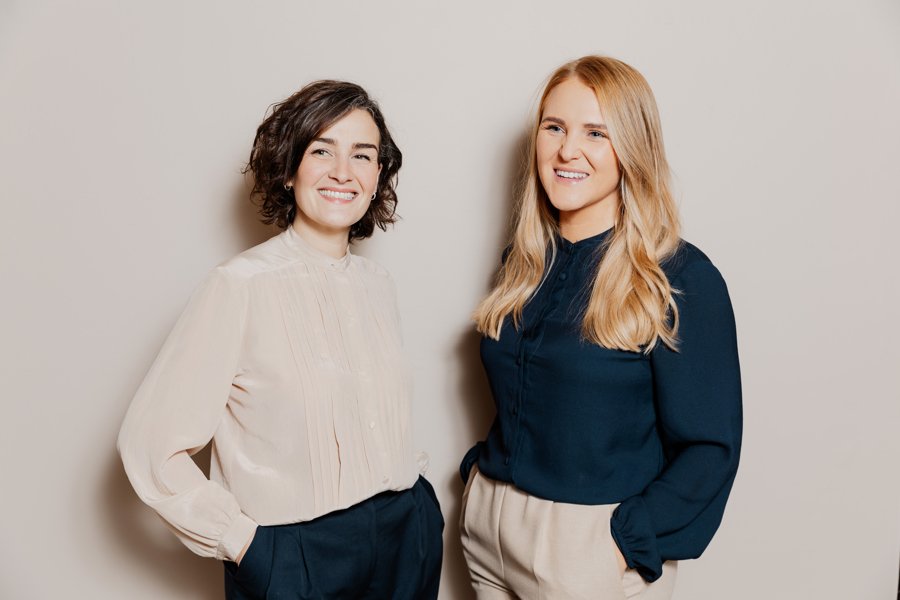
OUR PRICES
We offer all clients a FREE initial consultation
Please note we only work with a limited number of clients at any one time to ensure the highest level of care and quality in our work. If we have reached full capacity we will keep your details on our waiting list.
INitial assesSment
495
In-depth symptom assessment, goal setting, cognitive assessment, QEEG brain mapping and production of individualised training plan. This 1.5 hour session is required but there is no obligation to go on to do Neurofeedback sessions.
NEUROFEEDBACK TRAINING package
2995
20 NEUROFEEDBACK SESSIONS
Research shows that the success of neurofeedback is greatly improved by having a minimum of 20 frequent and regular sessions, which is why we require this commitment from our clients. See our FAQ’s for more.
red light therapy (pbm)
From 55
BRAIN RED LIGHT THERAPY (PHOTOBIOMODULATION)
Our red light therapy sessions offer various options. You can book couples sessions if you and a friend or partner want to spend time improving your brain health together!
Food sensitivity TESTING
135
FOOD SENSITIVITY TESTING
If you want to support your brain health journey with food sensitivity testing, we provide simple finger-prick blood tests to measure your reactions to over 200 different food and drink ingredients.
Follow up sessions
150
FURTHER NEUROFEEDBACK
Some clients wish to continue training after their initial 20 sessions and we can discuss your individualised training plan with you should you wish to continue with sessions after the initial package.
still have questions?
We recognise that brain training is a big investment and we are here to answer any questions you have before embarking upon the journey. Some of our most frequently asked questions are below.
-
This is only possible to predict once we have more specific information about your goals and history. At a minimum, we recommend 20 one-hour sessions to achieve lasting effects. Generally, most individuals will respond well in 20-40 sessions.
Predicting how quickly or effectively you will react to the training is impossible as all clients' brains, symptoms, and goals are unique.
Some people will notice changes after just a couple of sessions, although it will take multiple sessions for the brain to learn the new optimal means of functioning fully.
Everyone is different, and everyone's brain is different. Therefore, some people will require more sessions than others. You can expect the gains from the training to be cumulative, and usually, 20 sessions will deliver lasting and significant benefits for most clients. More serious conditions/neurodevelopmental disorders may take longer to achieve substantial gains.
Just like building a muscle, strengthening the brain requires regular practice.
We take the time to understand your home and work environments and help you ensure they support the training process. But like with any form of training, Neurofeedback brain training needs you to be motivated and committed to the training programme and schedule.
The ideal training schedule is two sessions per week. This is particularly important at the start of your training journey (the first 10 – 20 sessions) as we work together to find your optimal training plan. Shorter gaps between sessions improve the quality and accuracy of your feedback with your experience post-session. This enables us to fine-tune your training plan more efficiently and get you to an improved state of functioning quickly. For those seeking a more intensive training programme, the maximum number of sessions we would provide is 3 per week.
-
Whilst some providers may offer remote neurofeedback services, in our experience, the outcomes and quality of the training provided are vastly improved from in-person sessions. There are many subtleties to each individual's experience during a session, and there are many signals related to the person's response to training that are much more difficult or impossible to see when providing sessions remotely.
At Optiminds, we place high value on the therapeutic face-to-face experience we have with every client we work with, and the aim is to get you to a better state of functioning as quickly as possible. It is for this reason that we only offer private, in-clinic sessions.
-
In most cases, there is a reduction in presenting symptoms or functional difficulties. However, Neurofeedback is not a magic wand, and it takes time to promote better regulation and stability in the brain. Open communication, commitment to regular sessions and engagement with us in a positive therapeutic relationship is critical to enable us to get the best possible outcome from your sessions.
-
The effect usually lasts once the brain has learned to function more efficiently, and relapse rarely occurs (in contrast to pharmacological intervention). After the sessions are complete, most clients will not feel the need to return. However, some clients may require a 'booster' during challenging times.
-
Yes. Controlled scientific studies have taken place since the early 1960s and have shown QEEG and Neurofeedback to identify and manage a wide range of symptoms associated with brain dysregulation effectively. For a comprehensive bibliography of the research, please see the following link -
https://www.isnr.org/isnr-comprehensive-bibliography
-
At Optiminds, each brain training programme is determined individually, so we can only say in advance which particular modalities would be recommended to you once you have had a thorough assessment with us. The neurofeedback modalities we have available include:
Single-channel EEG band training.
Infralow Neurofeedback.
19 Channel LORETA neurofeedback.
Z-Score neurofeedback
and pirHEG.
-
Unfortunately, not currently.
-
Neurofeedback is generally considered safe when administered by a trained and qualified practitioner.
However, as with any therapeutic technique, there can be potential side effects and considerations. Clients may experience short-term side effects that could include fatigue and mild headache, and some symptoms may temporarily get worse before they get better.
These effects are usually short lived and can be part of the process. It is imperative that you inform us of your subjective experience during your training programme as this facilitates our training plan with you and allows us to minimise side effects and maximise the benefits to deliver the best possible outcome.
-
Some people may be slightly worried about using sensors on the scalp. We can assure you that there is absolutely nothing to be concerned about. The sensors read brainwave activity – there is never any input into the brain. Wearing the cap feels similar to a swimming cap. You may also have small amounts of residual gel in your hair.
-
We ask our clients to commit to a minimum term of 20 sessions of neurofeedback. If for any reason the sessions were not tolerated well, there would be no obligation to continue and we would reimburse any unused sessions minus an admin fee. In our experience, and as also shown in the scientific literature, a minimum of 20 sessions are required for consistent long-term progress. In our experience, we usually start to get some positive results after 5 - 10 sessions and work up to at least 20 sessions to consolidate and develop these improvements.






